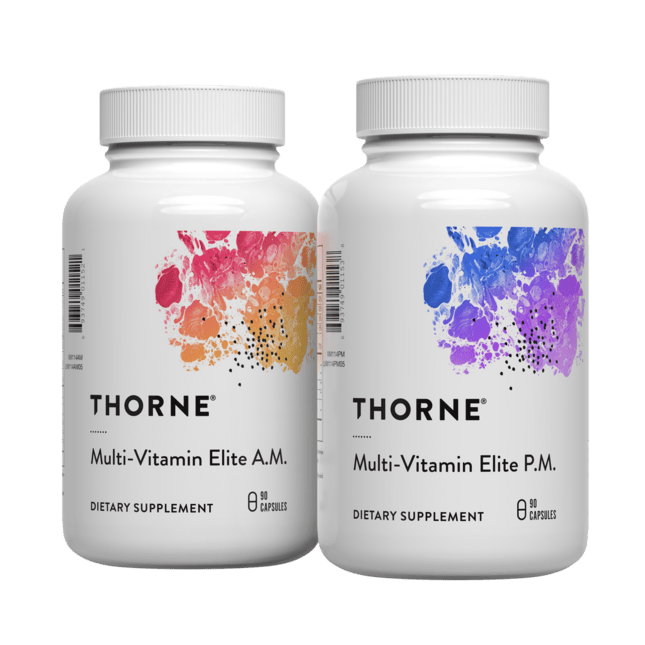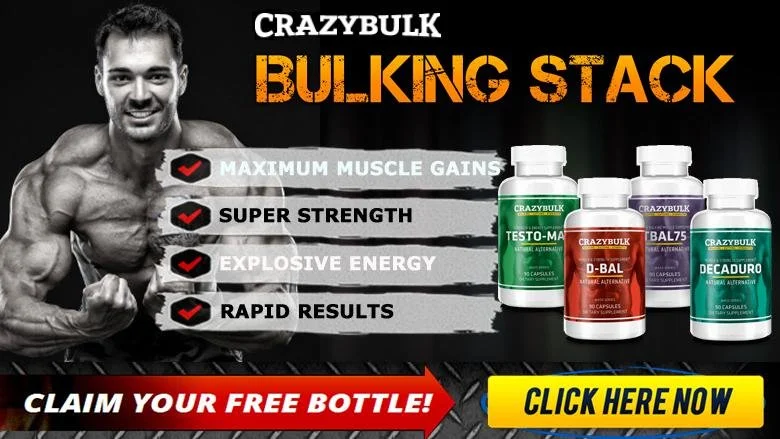All about Supplements
Supplements are always a hot topic in health and fitness. We often look for shortcuts, dreaming of quick fixes that fast-track our goals. We love the idea of taking a pill or drinking a shake and immediately being featured on the cover of Muscle & Fitness magazine. Combine that desire with a predatory supplement marketing industry, and the stage is set for these companies to take full advantage of innocent consumers.
Are They Necessary?
In theory, no—supplements shouldn’t be necessary if we eat a balanced diet. That’s why they’re called “supplements.” But to be realistic, we’re probably not getting all the nutrients we need, even if we’re eating a relatively healthy, balanced diet.
But you should not depend on supplements. Remember, their marketing is typically 100% BS. No matter how much an infomercial or ripped, beautiful model tries to convince you a supplement is the secret sauce, remember you don’t NEED it.
Beware of Marketing Hype
Take this snippet from a typical post-workout shake ad:
After years of research and development, I am proud to share with you a major breakthrough in protein and post-workout science.
If you are serious about adding size and strength, (this supplement) is the game-changing anabolic protein you can’t live without.*
For maximum post-workout recovery, supercharge your muscles with our lightning FAST delivery of BCAAs, EAAs, CAAs, and NAAs from Non-GMO Whey Protein Isolate.*
Our bodies need all of the nine essential amino acids (EAAs) in order to build muscle. Don’t shortchange your results during this important anabolic window by using a post-workout product that only contains BCAAs.
Although BCAAs are important PRE and INTRA workout for muscle energy, POST workout is when you need a full spectrum Amino Acid profile for maximum growth and recovery.
Marketers in the supplement industry have done an incredible job. Not going to lie, we get pretty amped after reading some of these product labels, but that doesn’t mean they’re worth it. What else has a “full spectrum amino acid profile for maximum growth and recovery?” Real food. Eat some chicken, veggies, and rice; you’re magically “maximizing post-workout recovery” and “supercharging your muscles.” As a bonus, it doesn’t come with a bunch of chemicals and artificial ingredients. Your body recognizes it as food. Win!
Explosive! CrazyBulk! Heck yeah - get yoked! Be careful with marketing.
Before You Think About Supplements…
Before diving into supplements, check in on your basic health habits. Ask yourself:
How are my workouts? Am I consistently training, especially strength training?
How is my recovery? Am I stretching and/or foam rolling regularly?
How’s my hydration? Am I drinking enough water daily?
How is my sleep? Am I getting 6–8 hours of quality sleep?
How’s my nutrition? Am I eating enough fruits, vegetables, and quality protein (0.6-1g per pound of body weight)?
This evaluation is by far more important than supplements. Address any weaknesses, and you will see better results. People often ignore these things and then spend hundreds - even thousands - of dollars on supplements trying to “fix” themselves. That’s like putting a bandaid on a broken leg. Take care of the foundational factors first, and you’ll notice the biggest improvements. THEN, you can consider adding supplements if they are still necessary.
Some Supplements to Possibly Consider (After Mastering the Basics)
Supplements can fill nutritional gaps but should be used thoughtfully and only after dialing in core habits. The following supplements are generally considered safe for healthy individuals in reasonable dosages, but always consult your healthcare provider before adding any new supplements.
Multivitamin/Mineral: You may end up peeing out a lot of the vitamins, but it may help fill nutritional gaps.
Fish Oil: Can help balance our Omega 6:3 ratio, which is good for cardiovascular health and reducing inflammation.
Vitamin D: In the Northwest, many of us are deficient. It plays a role in many processes in our body, including immune function.
Protein Powder: Helpful when strength training, a convenient source of protein if you’re not getting enough. May be even more helpful for individuals who don’t consume much animal protein.
Magnesium: Many people are deficient. It can help with various functions, including sleep and staying regular.
Creatine: Can help build and maintain lean muscle mass.
Electrolytes: Can help maintain proper hydration for both physical and mental performance.
Notice the emphasis on “can” and “may”—supplements aren’t one-size-fits-all and aren’t guaranteed to work the same for everyone. Check with your physician before taking anything.
Quality Matters
Choose supplements with simple, transparent ingredients. Focus on quality over flashy branding or “miracle” claims.
Bottom Line
Supplements CAN help you work towards your goals. Do your research (not just reading marketers’ websites and fake testimonials) and talk to your healthcare professional. Get your basics—sleep, nutrition, hydration, workouts, and recovery—in line first. You’ll feel a lot better when you build a solid, healthy foundation!




